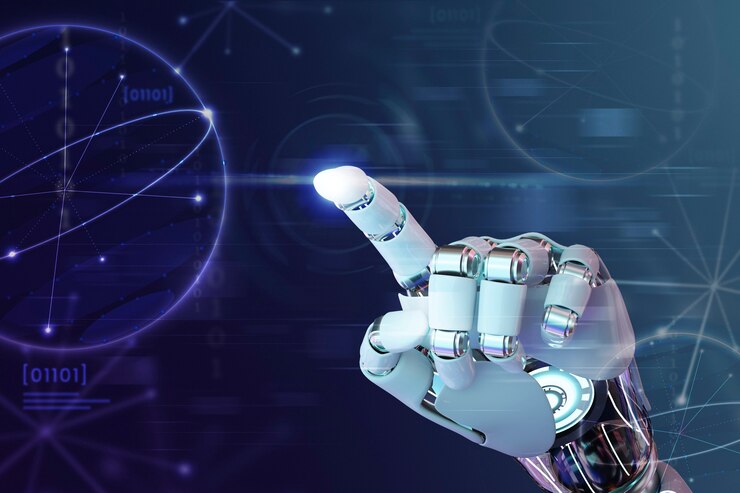Introduction: In recent years, Artificial Intelligence (AI) has emerged as a transformative force across various sectors, revolutionizing the way we live and work. This article delves into the intricacies of AI, its applications, benefits, challenges, and future prospects.
Define the Impact of AI
AI refers to the simulation of human intelligence in machines, enabling them to perform tasks that typically require human cognition. Its impact spans from simplifying routine tasks to driving complex decision-making processes. For more Blog Gadgets for Men.
Relevance and Importance of AI
The significance of AI lies in its ability to enhance efficiency, accuracy, and innovation across industries such as healthcare, finance, transportation, and entertainment. As AI continues to evolve, its potential to solve intricate problems and improve quality of life becomes increasingly apparent.
Types and Categories
Machine Learning
Machine Learning (ML) is a subset of AI focused on enabling machines to learn from data and improve their performance over time without explicit programming. Applications range from recommendation systems to fraud detection.
Natural Language Processing
Natural Language Processing (NLP) involves teaching machines to understand, interpret, and generate human language, enabling advancements in virtual assistants, language translation, and sentiment analysis.
Robotics
Robotics combines AI with physical systems to create autonomous machines capable of performing tasks in various environments, from manufacturing to space exploration.
Symptoms and Signs
Advancements in Automation
AI-driven automation streamlines repetitive tasks, leading to increased productivity and cost savings for businesses.
Enhanced Decision Making
AI algorithms analyze vast datasets to extract actionable insights, empowering organizations to make data-driven decisions with precision.
Improved Customer Experience
AI-powered chatbots and virtual assistants provide round-the-clock customer support, enhancing user experience and satisfaction.
Causes and Risk Factors
Data Privacy Concerns
The proliferation of AI raises concerns about data privacy and security, necessitating robust measures to safeguard sensitive information.
Ethical Dilemmas
AI algorithms must navigate ethical considerations, such as bias in decision-making processes, requiring ongoing refinement and transparency.
Diagnosis and Tests
AI in Healthcare
In healthcare, AI aids in medical imaging analysis, disease diagnosis, personalized treatment plans, and drug discovery, leading to improved patient outcomes.
AI in Finance
Financial institutions leverage AI for risk assessment, fraud detection, algorithmic trading, and personalized financial services, optimizing operations and mitigating risks.
Treatment Options
AI-driven Therapies
AI technologies support therapeutic interventions, rehabilitation programs, and mental health diagnostics, augmenting traditional healthcare practices.
Precision Medicine
Precision medicine utilizes AI to analyze genetic data, predict disease risks, and tailor treatments based on individual patient profiles, fostering personalized healthcare.
Preventive Measures
AI for Predictive Analytics
AI-powered predictive analytics forecast trends, identify patterns, and preemptively address potential issues in diverse sectors, from supply chain management to cybersecurity.
Education and Awareness
Raising public awareness about AI ethics, capabilities, and implications fosters informed decision-making and responsible AI deployment.
Personal Stories or Case Studies
Impact of AI in Education
AI-enabled learning platforms personalize educational content, adapt teaching methods, and track student progress, enhancing learning outcomes and accessibility.
AI in Environmental Conservation
AI supports environmental monitoring, wildlife conservation efforts, climate modeling, and sustainable resource management, contributing to conservation initiatives worldwide.
Expert Insights
Dr. Smith, AI Researcher
“As AI continues to evolve, interdisciplinary collaboration, ethical frameworks, and regulatory standards are crucial to harnessing its full potential while addressing societal concerns.”
Conclusion
In conclusion, Artificial Intelligence represents a paradigm shift in technology, offering unprecedented opportunities for innovation, problem-solving, and societal advancement. Embracing AI responsibly and ethically is key to unlocking its vast potential for the betterment of humanity.

